![]()
![]()
L.T.F. Gamut (1949)
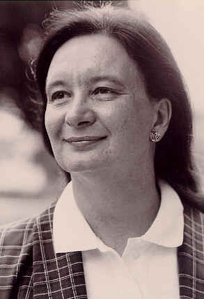
Susan Haack (1945) Deviant Logic, Philosophy of Logics
Trudy Govier (1944) A Practical Study of Argument
Jon Barwise (1942-2000) "The Situation in Logic," "Language, Proof and Logic"

David K Lewis (1941-2001) Parts of Classes
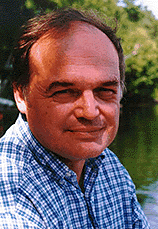
George Boolos (1940-1996) "Logic, Logic, and Logic,"
"The Logic of Provability," "Computability and Logic"
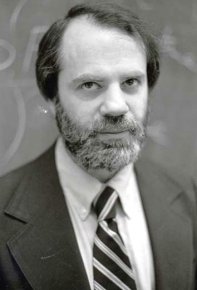
Saul Aaron Kripke (1940) A Completeness Theorem in Modal Logic, Semantical Considerations on Modal Logic
Dag Prawitz (1936) is best known for his work on proof theory and the foundations of natural deduction
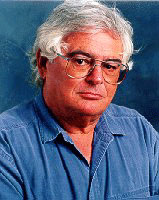
Jerry Fodor (1935)
Dana Scott (1932)
Nuel Belnap (1930)
Newton da Costa (1929) On the theory of inconsistent formal systems,
Paraconsistent logic, Is there a Zande Logic?, On Jaskowski's Discussive Logic

Jaakko Hintikka (1929) The Logic of Epistemology and the Epistemology of Logic,
Analyses of Aristotle,
Inquiry as Inquiry: A Logic of Scientific Discovery,
Language, Truth and Logic in Mathematics
Howard Kahane (1928-2001) Logic and Contemporary Rhetoric: The Use of Reason in Everyday Life
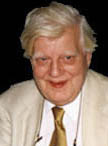
Michael A. E. Dummett (1925) The Logical Basis of Metaphysics, Origins of Analytical Philosophy

Ruth Barcan Marcus (1921) "The Logical Enterprise,"
"Logic, Methodology and Philosophy of Science"
Lotfi Zadeh (1921) showed that fuzzy logic is a generalisation of classical logic
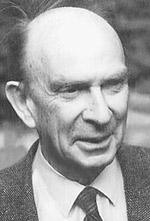
P. F. Strawson (1919) Introduction to Logical Theory

Peter Geach (1916)
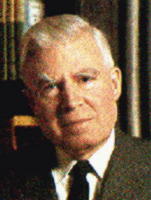
G. H. von Wright (1916) The Logical Problem of
Induction, An Essay in Modal Logic, Deontic Logic
Paul Lorenzen (1915-1995) Normative Logic and Ethics, Logical Propaedeutic
Arthur Prior (1914-1969) Formal Logic
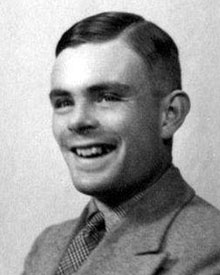
Alan Turing (1912-1954)
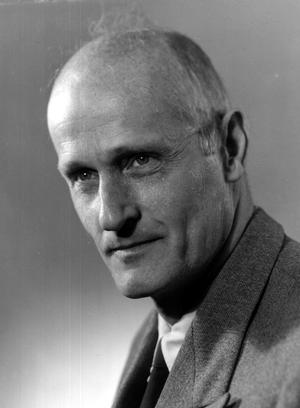
Stephen Cole Kleene (1909-1994) Mathematical Logic
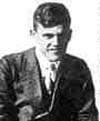
Gerhard Gentzen (1909-1945)
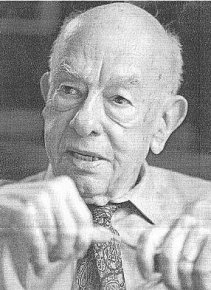
Willard van Orman Quine (1908-2000) Mathematical Logic, Elementary Logic, Methods of Logic
Evert Willem Beth (1908-1964) Formal Methods: An introduction to
symbolic logic and to the study of effective operations in arithmetic and logic
J. Barkley Rosser (1907-1989) proved a stronger version of Gödel's first incompleteness theorem

Kurt Gödel (1906-1978) Über formal unentscheidbare Sätze
der Principia Mathematica und verwandter Systeme
C. A. Meredith (1904-1976)
Adolf Lindenbaum (1904-1941)
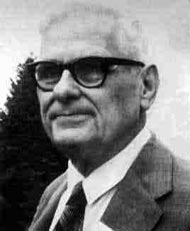
Alonzo Church (1903-1995) proved that Peano arithmetic and first order
logic are undecidable. The latter result is known as Church's theorem
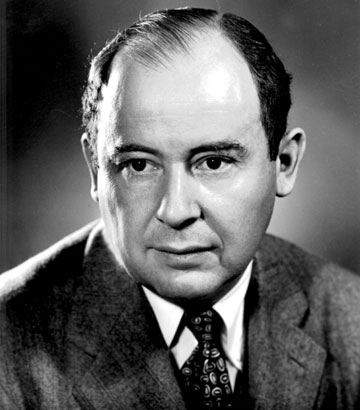
John von Neumann (1903-1957)

Frank Plumpton Ramsey (1903-1930) On a problem of formal logic
Józef Maria Bocheński (1902-1995)
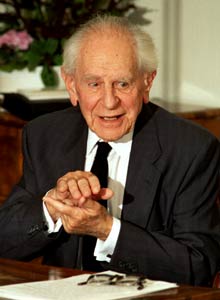
Karl Popper (1902-1994) Logik der Forschung

Ernest Nagel (1901-1985) The Structure of Science: Problems in the Logic of Scientific
Explanation, An Introduction to Logic and Scientific Method, Logic without Metaphysics
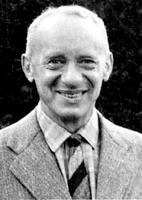
Alfred Tarski (1901-1983) Logic, Semantics, Metamathematics
Gotthard Günther (1900-1984) Die philosophische Idee einer nicht-Aristotelischen Logik

Haskell Curry (1900-1982) Combinatory Logic, Foundations of Mathematical Logic
Arend Heyting (1898-1980) developed intuitionistic logic
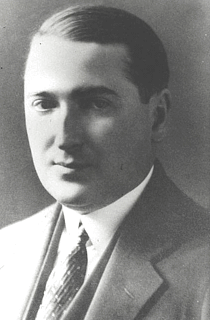
Emil Leon Post (1897-1954) proved in his Columbia University doctoral thesis, among other things, that the propositional
calculus of Principia Mathematica was complete: all tautologies are theorems, given the Principia axioms and a rule of
uniform substitution. Van Heijenoort's (1966) source book on mathematical logic reprinted Post's classic article setting out
this result. This thesis also devised truth tables independently of Wittgenstein and Charles Peirce and put them to good
mathematical use
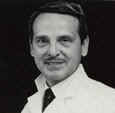
Wilhelm Ackermann (1896-1962) Grundzüge der theoretischen Logik
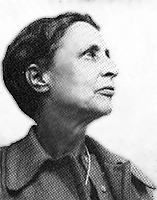
Susanne Langer (1895-1985) An Introduction to Symbolic Logic
Jean George Pierre Nicod (1893-1924)
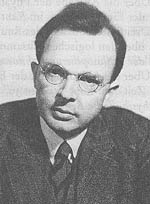
Rudolf Carnap (1891-1970) Abriss der Logistik
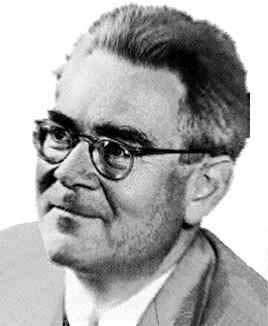
Hans Reichenbach (1891-1953) Elements of symbolic logic

Kazimierz Ajdukiewicz (1890-1963) Pragmatic Logic

Ludwig Wittgenstein (1889-1951) Tractatus Logico-Philosophicus
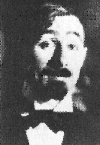
Moses Schönfinkel (1889-1942) invented combinatory logic independently of, and
a little earlier than, Haskell Curry, "Über die Bausteine der mathematischen Logik"
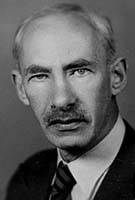
Paul Bernays (1888-1977) mathematical logican
Thoralf Skolem (1887-1963) mathematical logican
Tadeusz Kotarbinski (1886-1981) Leçons sur l'histoire de la logique
Leon Chwistek (1884-1944)
Heinrich Scholz (1884-1956)
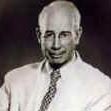
Clarence Irving Lewis (1883-1964) A Survey of Symbolic Logic, Symbolic Logic
Henry Maurice Sheffer (1882-1964)
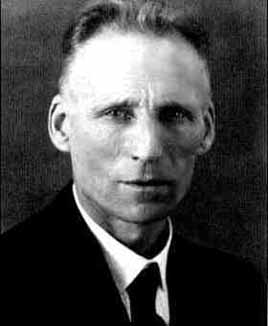
Luitzgen Egbertus Jan Brouwer (1881-1966) Beweis des Jordanschen Satzes für N Dimensionen

Ernst Mally (1879-1944) was one of the founders of Deontic logic
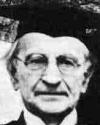
Jan Łukasiewicz (1878-1956) worked on multi-valued logics, including his own three-valued propositional
calculus, the first non-classical logical calculus. He is responsible for one of the most elegant axiomatizations
of classical propositional logic; it has just three axioms and is one of the most used axiomatizations today
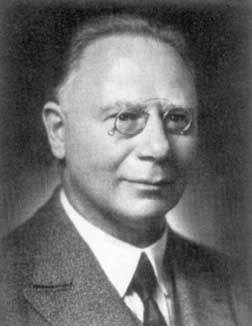
Leopold Löwenheim (1878-1957) Über Möglichkeiten im Relativkalkül

Bertrand Russell (1872-1970) Principia Mathematica,
Introduction to mathematical philosophy
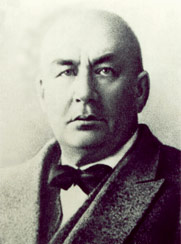
Fyodor Shcherbatskoy (1866-1942) Theory of Knowledge and Logic According to the Later Buddhists
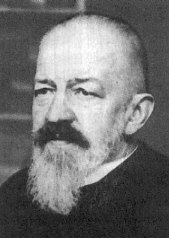
Kazimierz Twardowski (1866-1938) established the Lwów-Warsaw
School of logic and became the "father of Polish logic"
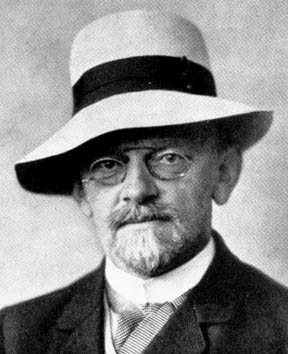
David Hilbert (1862-1943) Grundzüge der theoretischen Logik
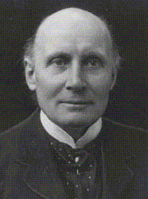
Alfred North Whitehead (1861-1947) Principia Mathematica
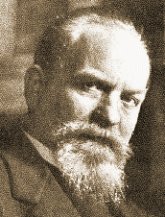
Edmund Husserl (1859-1938) Logische Untersuchungen, Formale und
transzendentale Logik. Versuch einer Kritik der logischen Vernunft
William Ernest Johnson (1858-1931) Logic
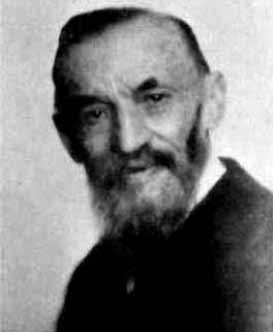
Giuseppe Peano (1858-1932) Applicazioni Geometriche del Calcolo Infinitesimale
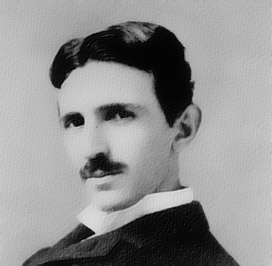
Nikola Tesla (1856-1943) invented the electronic AND logic gate circuit
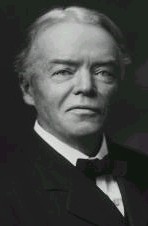
Josiah Royce (1855-1916) Principles of Logic
John Cook Wilson (1849-1915)
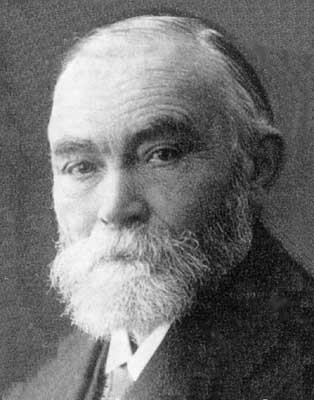
Gottlob Frege (1848-1925) Begriffsschrift, Grundgesetze der Arithmetik

Wilhelm Windelband (1848-1915) Theories in Logic
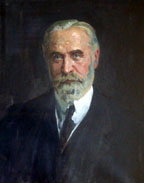
F. H. Bradley (1846-1924)
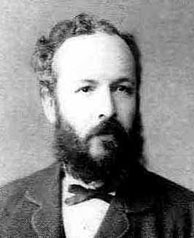
Georg Cantor (1845-1918) invented set theory
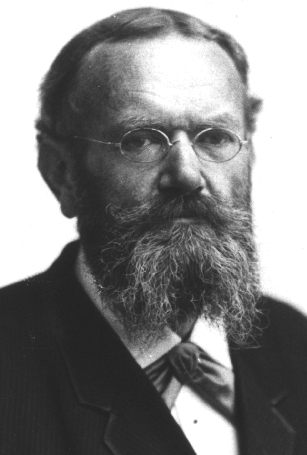
Ernst Schröder (1841-1902) his "Vorlesungen über die Algebra der Logik" prepared the way for the
emergence of mathematical logic as a separate discipline in the twentieth century by systematizing the
various systems of formal logic of the day

Charles S. Peirce (1839-1914) Studies in Logic
Hugh MacColl (1837-1909) published a four-part article setting out the first known variant of the
propositional calculus, calling it the "calculus of equivalent statements", anteceding Frege's Begriffschrifft
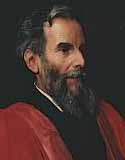
John Venn (1834-1923) introduced the Venn diagrams in his work "Symbolic Logic."
"The Logic of Chance" and "The Principles of Empirical Logic" completed his logical writings

Lewis Carroll (1832-1898) Symbolic Logic
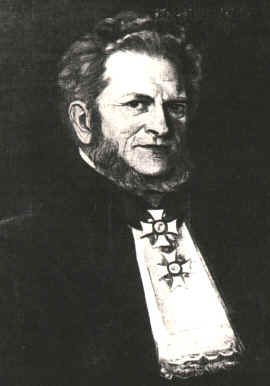
Christoph von Sigwart (1830-1894) Logik
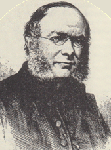
Henry Longueville Mansel (1820-1871) Prolegomena logica: an
Inquiry into the Psychological Character of Logical Processes
Karl von Prantl (1820-1888) Geschichte der Logik im Abendland
Friedrich Harms (1819-1880) "Geschichte der Logik," "Logik"
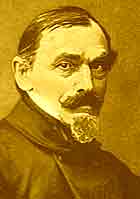
Rudolf Hermann Lotze (1817-1881) Logik
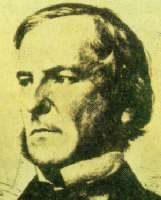
George Boole (1815-1864) "Mathematical Analysis of Logic," "An Investigation of the Laws
of Thought, on which are founded the Mathematical Theories of Logic and Probabilities"
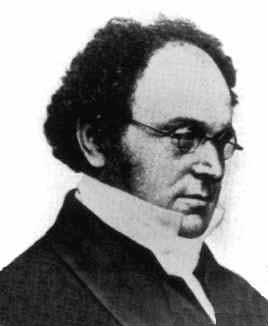
Augustus De Morgan (1806-1871) Formal Logic, De Morgan's laws

Hermann Ulrici (1806-1884) Über Princip u. Methode der Hegelschen
Philosophie, Grundprincip der Philosophie, System der Logik

John Stuart Mill (1806-1873) A System of Logic

Jules Barthélemy-Saint-Hilaire (1805-1895) De la Logique d’Aristote
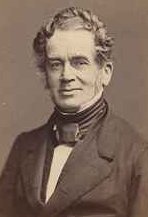
Friedrich Adolf Trendelenburg (1802-1872) Elementa inices Aristoteticae, Erlauterungen zu den
Elementen der Aristotelischen Logik, Logische Untersuchungen, Die logische Frage in Hegels System
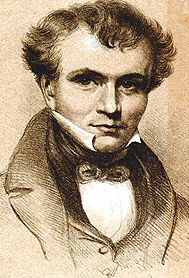
Heinrich Moritz Chalybäus (1796-1862)
William Whewell (1794-1866) History of the Inductive Sciences, from the Earliest to the Present Time
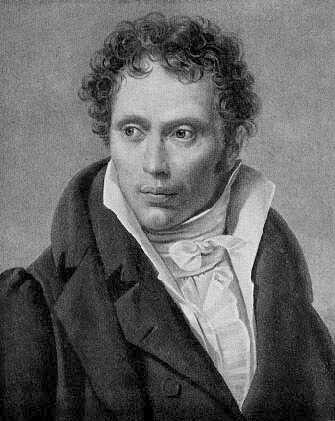
88-1860) On the Fourfold Root of the Principle of Sufficient Reason
William Hamilton (1788-1856) Lectures on Logic
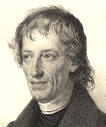
Bernard Bolzano (1781-1848) The Paradoxes of the Infinite

Jakob Friedrich Fries (1773-1843) System der Logik
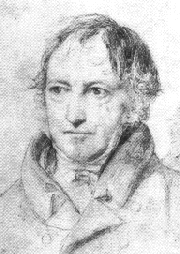
Georg Wilhelm Friedrich Hegel (1770-1831) Science of Logic
Christoph Gottfried Bardili (1761-1808) Grundriss der ersten Logik

Immanuel Kant (1724-1804) The False Subtlety of the Four Syllogistic Figures

Etienne Bonnot de Condillac (1714-1780) Logique

Francis Hutcheson (1694-1746) Compendium of Logic
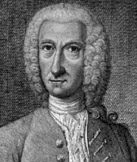
Hermann Samuel Reimarus (1694-1768) Vernunftlehre als Anweisung zum richtigen Gebrauche der Vernunft

Giambattista Vico (1668-1744) New Science
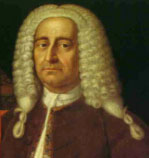
Christian Wolff (1679-1754) Philosophia rationalis, sive logica
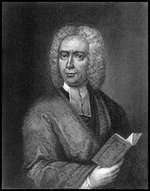
Isaac Watts (1674-1748) Logick: Or, the Right Use of Reason
Gershom Carmichael (1672-1729) Breviuscula Introductio ad Logicam
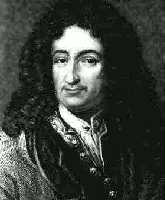
Gottfried Wilhelm Leibniz (1646-1716) proposed an alphabet of human thought
Arnold Geulincx (1624-1669)
Johannes Clauberg (1622-1665) Logica vetus et nova
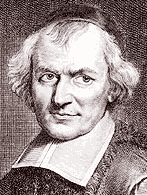
Antoine Arnauld (1612-1694) "La logique, ou l'art de penser" is commonly known as the Port-Royal Logic

René Descartes (1596-1650) resolved the omnipotence paradox by
proposing that an omnipotent being can do the logically impossible
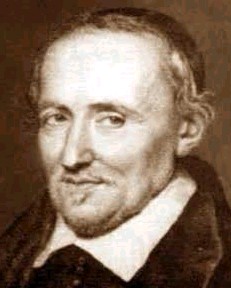
Pierre Gassendi (1592-1655) Syntagma philosophicum
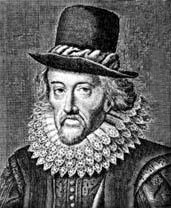
Francis Bacon (1561-1626) Novum Organum
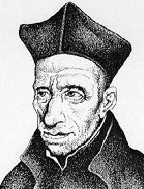
Francisco Suarez (1548-1617) Metaphysical Disputations
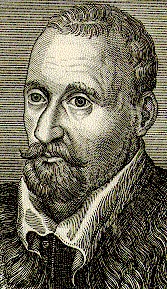
Jacopo Zabarella (1532-1589) Opera Logica

Petrus Ramus (1515-1572) Quecumque ab Aristotele dicat essent, commentita esse
John Mair (1467-1550) Lectures in logic, Quaestiones logicales
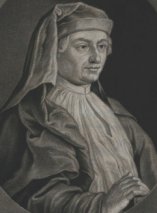
Rodolphus Agricola (1443-1485) De inventione dialectica
Paul of Venice (1368-1429) Logica parva et logica magna
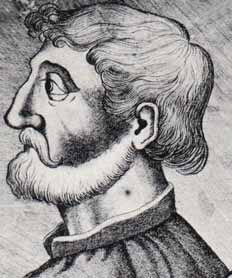
Marsilius of Inghen (1330-1396)
Albert of Saxony (1316-1390) Perutilis logica, Quaestiones logicales, Quaestiones on the Ars Vetus
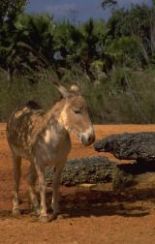
Jean Buridan (1300-1358) Compendium Logicae, Summa de Dialecticâ, Buridan's ass
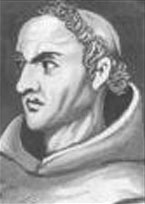
William of Ockham (1285-1349) Ockham's Razor, Summa logicae
Walter Burley (1275-1344)

John Duns Scotus (1266-1308)
Giles of Rome (1243-1316)

Robert Kilwardby (1215-1279)
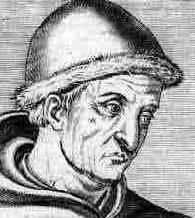
Roger Bacon (1214-1293) Opus Majus
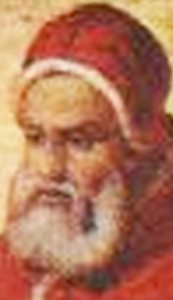
Peter of Spain (1205-1277) Scholastic Logic
William of Sherwood (1190-1249) was the author of two books which were an important influence on the development of
Scholastic logic: Introductiones in Logicam (Introduction to Logic), and Syncategoremata. These are the first known works
to deal in a systematic way with what is now called supposition theory, known in William's time as the logica moderna
Adam Parvipontanus (d. 1181) Ars disserendi
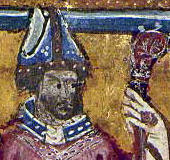
Robert Grosseteste (1168-1253)
Abu al-Hakam al-Kirmani (12th century)
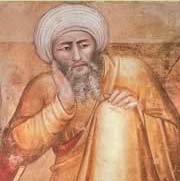
Averroës (1126-1198) was one of the first philosophers to propose the omnipotence paradox
John of Salisbury (1120-1180) Metalogicon
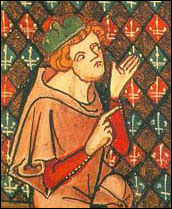
Pierre Abélard (1079-1142)
Gilbert de la Porrée (1070-1154) De sex principiis

Adelard of Bath (1070-1145)

Abu Hamid al Ghazali (1058-1111) composed three works on Aristotelian logic,
Mi'yar al-'ilm (The Standard Measure of Knowledge), Mihakk al-nazar f'l-mantiq
(The
Touchstone of Proof in Logic) and al-Qistas al-mustaqim (The Just Balance)

Abu Nasr al Farabi (870-950)
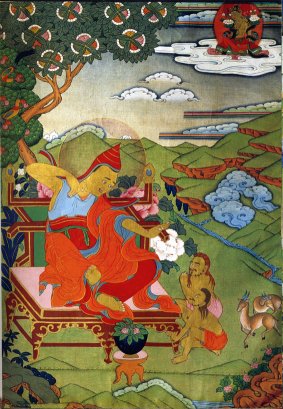
Dharmakirti (circa 7th century) Seven Treatises on Valid Cognition
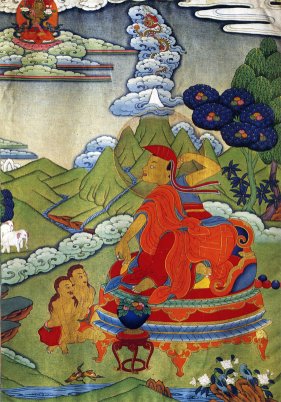
Dignaga (5th century) Treatise on the Correct Principles of Logic

Anicius Manlius Severinus Boethius (480-525)
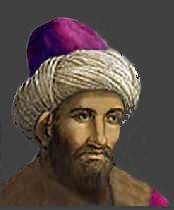
Porphyry (232-304) Introduction to Categories
Cicero (106-43)
Aksapada Gautama (2nd century bc) was a logician who authored the Nyaya
Sutras, considered the foundation of the Nyaya school of Hinduism
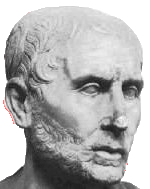
Posidonius (153-51 bc) compared the three categories of Stoic philosophy to a living being, with physics the meat and
blood, logic the bones and tendons which held the organism together, and ethics – the most important part – the soul
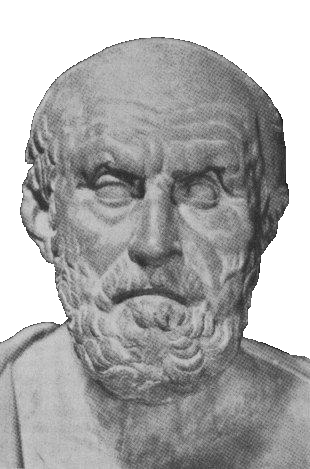
Chrysippus (279-207 bc) systematized Stoicism into ethics, logic and physics
Kung sun Lung Tzu (300 bc) was a noted member of the Logicians
school of Chinese philosophy. Said that "A white horse is not a horse"
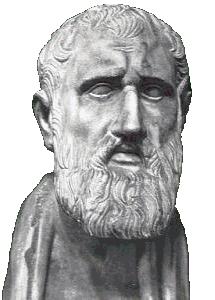
Zeno of Citium (336-264 bc) introduced the term "logic" to replace Aristotle`s term "analytic"
Philo of Megara (4th cent. bc)
Diodorus Cronus (340-280 bc)
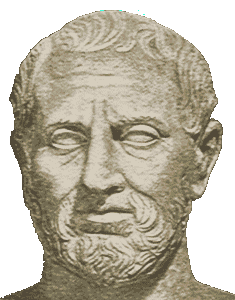
Theophrastus (372-287 bc)
Eubulides of Miletus (375-300 bc) formulated the liar and the Sorites paradox
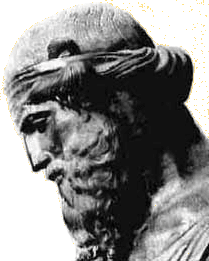
Aristotle (384-322 bc) intoduced syllogisms and modal logic
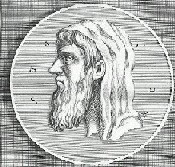
Euclides of Megara (430-360 bc)
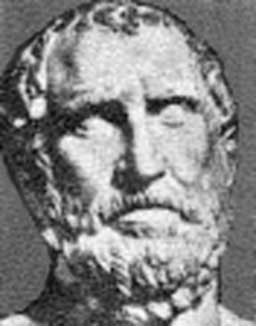
Zeno of Elea (490-430 bc) was called by Aristotle the inventor of
dialectic, he is best known for his space and motion paradoxes
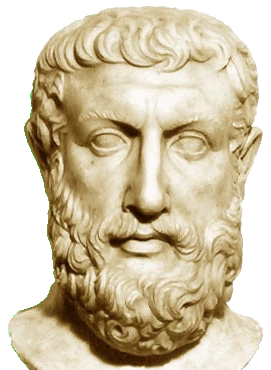
Parmenides (510-450 bc)
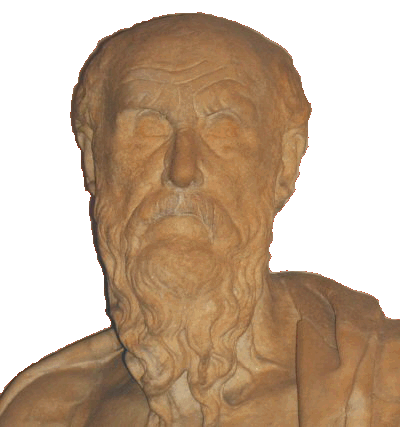
Heraclitus (535-475 bc)
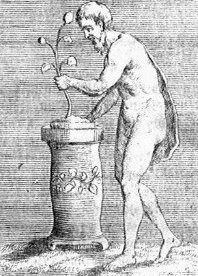
Epimenides (6th century bc) was a Cretan who made one immortal statement: "All Cretans are liars."